Since Thanksgiving is a week away, it’s only natural that many of us are thinking about food. I love autumn and all the wonderful dishes that make up the traditional Thanksgiving feast, but did you know how many of them are New World foods?

Roasted Turkey On Harvest Table – c. evgenyb – license from Bigstock.com
The food supply expanded when Columbus “discovered” the New World. There were no potatoes, yams, tomatoes, pumpkins turkeys or maize (Indian corn) in the Middle Ages.
In Medieval Underpants and Other Blunders: A Writer’s (& Editor’s) Guide to Keeping Historical Fiction Free of Common Anachronisms, Errors, & Myths, author Susanne Alleyn takes a swipe at Cinderella’s pumpkin carriage in the Disney movie. The carriage it doesn’t bother me so much, since Disney’s Cinderella is apparently set in the 18th century, if the gowns are anything to go on. At least it’s an improvement on the scene in Snow White and the Seven Dwarfs where the Huntsman leads Snow White into an American forest. I’m pretty sure I spotted a raccoon and an alligator. (Known fact: You can’t trust Hollywood when it comes to research.)
There was also no chocolate, no tea and no coffee in the Middle Ages. Peasants drank beer at every meal. The nobility drank wine. The introduction of coffee and tea in the 17th century helped to sober up Europe for the Industrial Revolution, thank goodness. Even the sober Pilgrims and Puritans drank beer in the 1600’s. If you’re writing a Medieval romance, don’t show your characters drinking tea, even if it’s herbal. The word “tea” comes from the Chinese, and didn’t enter the English language until around 1655. Herbal infusions, sometimes called tisannes, were mainly used for medicinal purposes.
Chocolate is native to the Americas, so the Spaniards were the first Europeans to encounter it. It became popular at court after the Spanish added sugar or honey to sweeten the natural bitterness. From there, chocolate spread through Europe in the 1600’s, and how thankful I am that it did. The best hot chocolate I’ve ever had was the dark, molten variety you find in France.

coffee & chocolate, image licensed from Deposit Photos
Coffee drinking started in Arabia in the middle of the 15th century and had spread to Europe in the 16th century. It became more popular after 1600 when Pope Clement VIII declared it a “Christian” beverage. When Britain cut off America’s tea supply during the War of 1812, Americans turned to coffee and we’ve been a coffee-drinking nation ever since.
Tea comes from Asia and was introduced to Holland in 1610, in common use by 1675; introduced to England about 1660, where it steadily increased in popularity. The ritual we know as afternoon tea didn’t start until the 1840s. Afternoon tea was for the idle rich and includes finger sandwiches, scones and pastries. High tea, which isn’t nearly as grand as it sounds, was the name for the evening meal used by the working class and features a hot dish like a meat pie or stew.
Happy Thanksgiving!
Linda McLaughlin w/a Lyndi Lamont
Website: https://lindalyndi.com
- Author Bio
- Recent Posts
- Books
-
August 4, 2020
Writer Wellness, A Writer’s Path to Health and Creativity: Good self-care is the new multi-vitamin! Writers should still take a multi-vitamin, and Writer Wellness is a complimentary plan to help you stay on target for writing and life.
-
February 4, 2020
It doesn’t matter if you write first-person narrative or third-person with multiple viewpoint characters—getting deep inside a POV character’s head is the key to writing stories that grab readers by the heartstrings, no matter what genre you’re writing.
-
May 23, 2019Since Thanksgiving is a week away, it’s only natural that many of us are thinking about food. I love autumn and all the wonderful dishes that make up the traditional Thanksgiving feast, but did you know how many of them are New World foods? Roasted Turkey On Harvest Table – c. evgenyb – license from […]
-
April 23, 2019Since Thanksgiving is a week away, it’s only natural that many of us are thinking about food. I love autumn and all the wonderful dishes that make up the traditional Thanksgiving feast, but did you know how many of them are New World foods? Roasted Turkey On Harvest Table – c. evgenyb – license from […]
-
January 23, 2019Since Thanksgiving is a week away, it’s only natural that many of us are thinking about food. I love autumn and all the wonderful dishes that make up the traditional Thanksgiving feast, but did you know how many of them are New World foods? Roasted Turkey On Harvest Table – c. evgenyb – license from […]
Related
Affiliate Links
A Slice of Orange is an affiliate with some of the booksellers listed on this website, including Barnes & Nobel, Books A Million, iBooks, Kobo, and Smashwords. This means A Slice of Orange may earn a small advertising fee from sales made through the links used on this website. There are reminders of these affiliate links on the pages for individual books.
Search A Slice of Orange
Find a Column
Archives
Featured Books
DARK WINE AT DUSK
A seductive spy. An alpha vampire. A hidden threat...
More info →MEDDLERS OF MOONSHINE
Something is rotten in the town of Widget, and Rags-n-Bones knows it's all his fault.
More info →
THE VISCOUNT’S SEDUCTION
An Irish lady from a scandalous family gets a chance at a Season in London and an opportunity for revenge, but her schemes stir up an unknown enemy and spark danger of a different sort in the person of a handsome young Viscount.
More info →TO CATCH A TREAT
When a Dog-Snatching Scheme Leads to Murder, Carrie Must Sniff Out the Truth.
More info →Newsletter
Contributing Authors
Search A Slice of Orange
Find a Column
Archives
Authors in the Bookstore
- A. E. Decker
- A. J. Scudiere
- A.J. Sidransky
- Abby Collette
- Alanna Lucus
- Albert Marrin
- Alice Duncan
- Alina K. Field
- Alison Green Myers
- Andi Lawrencovna
- Andrew C Raiford
- Angela Pryce
- Aviva Vaughn
- Barbara Ankrum
- Bethlehem Writers Group, LLC
- Carol L. Wright
- Celeste Barclay
- Christina Alexandra
- Christopher D. Ochs
- Claire Davon
- Claire Naden
- Courtnee Turner Hoyle
- Courtney Annicchiarico
- D. Lieber
- Daniel V. Meier Jr.
- Debra Dixon
- Debra H. Goldstein
- Debra Holland
- Dee Ann Palmer
- Denise M. Colby
- Diane Benefiel
- Diane Sismour
- Dianna Sinovic
- DT Krippene
- E.B. Dawson
- Emilie Dallaire
- Emily Brightwell
- Emily PW Murphy
- Fae Rowen
- Faith L. Justice
- Frances Amati
- Geralyn Corcillo
- Glynnis Campbell
- Greg Jolley
- H. O. Charles
- Jaclyn Roché
- Jacqueline Diamond
- Janet Lynn and Will Zeilinger
- Jaya Mehta
- Jeannine Atkins
- Jeff Baird
- Jenna Barwin
- Jenne Kern
- Jennifer D. Bokal
- Jennifer Lyon
- Jerome W. McFadden
- Jill Piscitello
- Jina Bacarr
- Jo A. Hiestand
- Jodi Bogert
- Jolina Petersheim
- Jonathan Maberry
- Joy Allyson
- Judy Duarte
- Justin Murphy
- Justine Davis
- Kat Martin
- Kidd Wadsworth
- Kitty Bucholtz
- Kristy Tate
- Larry Deibert
- Larry Hamilton
- Laura Drake
- Laurie Stevens
- Leslie Knowles
- Li-Ying Lundquist
- Linda Carroll-Bradd
- Linda Lappin
- Linda McLaughlin
- Linda O. Johnston
- Lisa Preston
- Lolo Paige
- Loran Holt
- Lynette M. Burrows
- Lyssa Kay Adams
- Madeline Ash
- Margarita Engle
- Marguerite Quantaine
- Marianne H. Donley
- Mary Castillo
- Maureen Klovers
- Megan Haskell
- Melanie Waterbury
- Melisa Rivero
- Melissa Chambers
- Melodie Winawer
- Meriam Wilhelm
- Mikel J. Wilson
- Mindy Neff
- Monica McCabe
- Nancy Brashear
- Neetu Malik
- Nikki Prince
- Once Upon Anthologies
- Paula Gail Benson
- Penny Reid
- Peter J Barbour
- Priscilla Oliveras
- R. H. Kohno
- Rachel Hailey
- Ralph Hieb
- Ramcy Diek
- Ransom Stephens
- Rebecca Forster
- Renae Wrich
- Roxy Matthews
- Ryder Hunte Clancy
- Sally Paradysz
- Sheila Colón-Bagley
- Simone de Muñoz
- Sophie Barnes
- Susan Kaye Quinn
- Susan Lynn Meyer
- Susan Squires
- T. D. Fox
- Tara C. Allred
- Tara Lain
- Tari Lynn Jewett
- Terri Osburn
- Tracy Reed
- Vera Jane Cook
- Vicki Crum
- Writing Something Romantic
Affiliate Links
A Slice of Orange is an affiliate with some of the booksellers listed on this website, including Barnes & Nobel, Books A Million, iBooks, Kobo, and Smashwords. This means A Slice of Orange may earn a small advertising fee from sales made through the links used on this website. There are reminders of these affiliate links on the pages for individual books.

















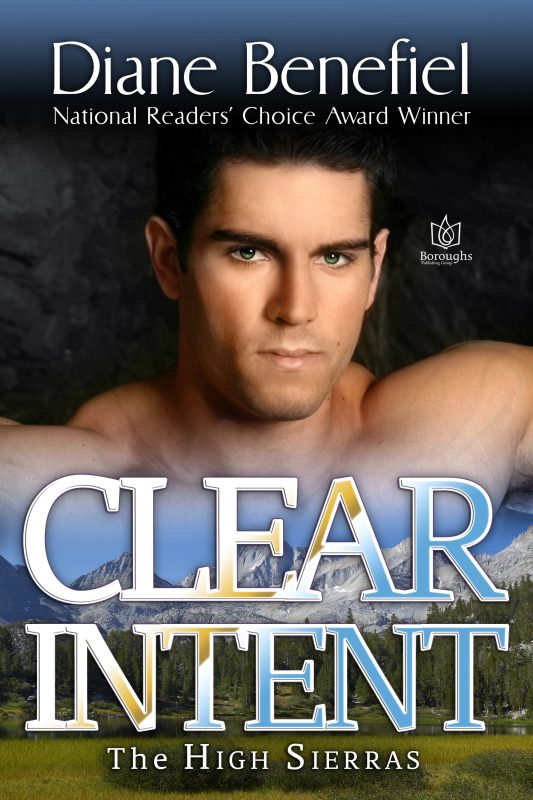







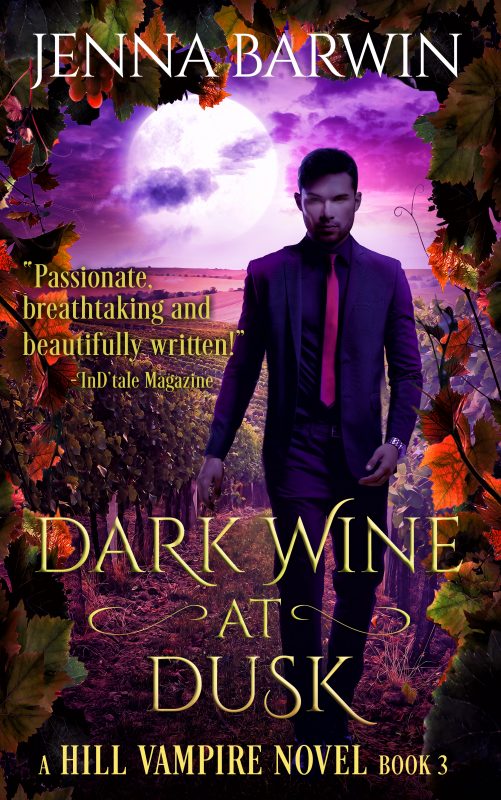
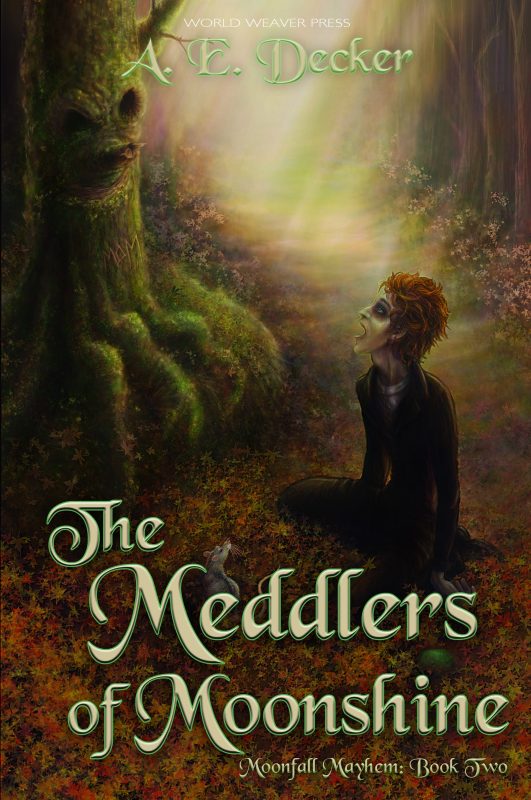
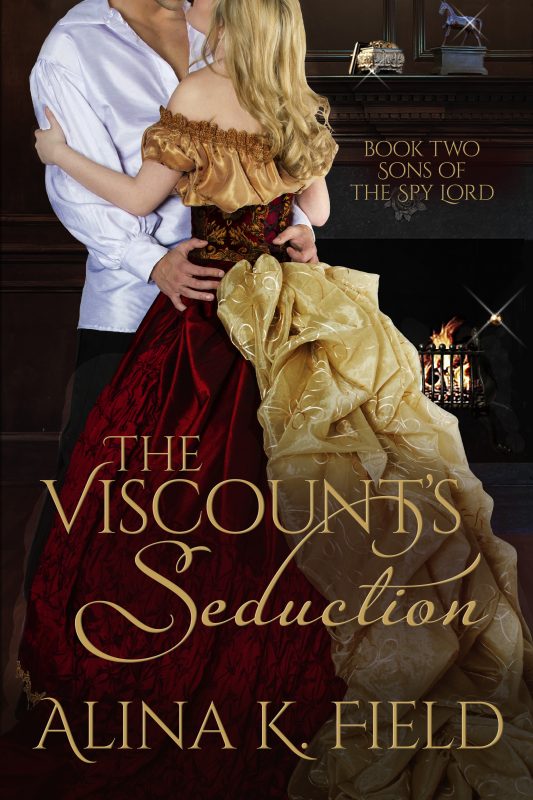

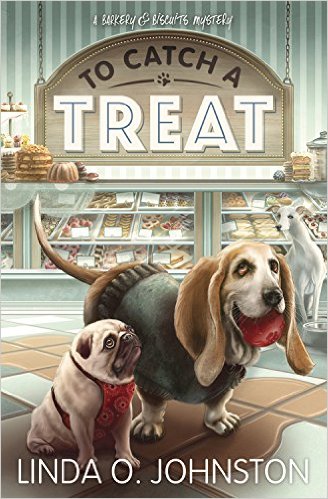


























Thanks for that interesting info. Incredible how a mesh of travels and cultures have made foods and beverages such staples and “must haves” at our daily tables. When do we eat?
So glad you found the article of value, Veronica.